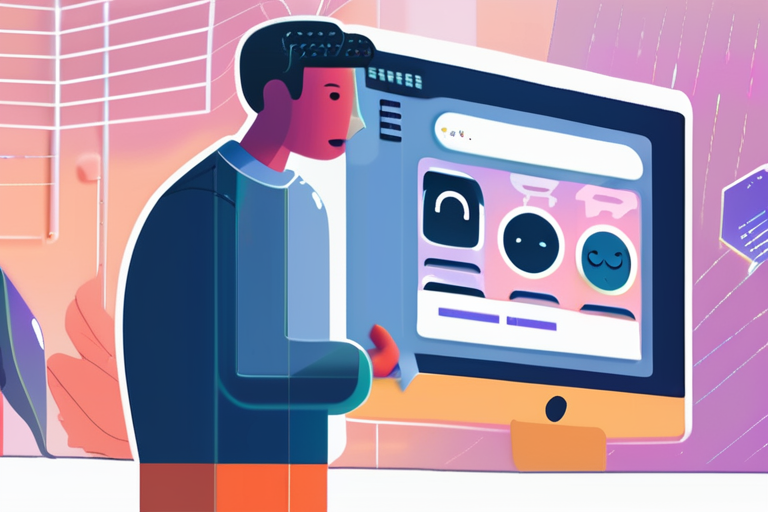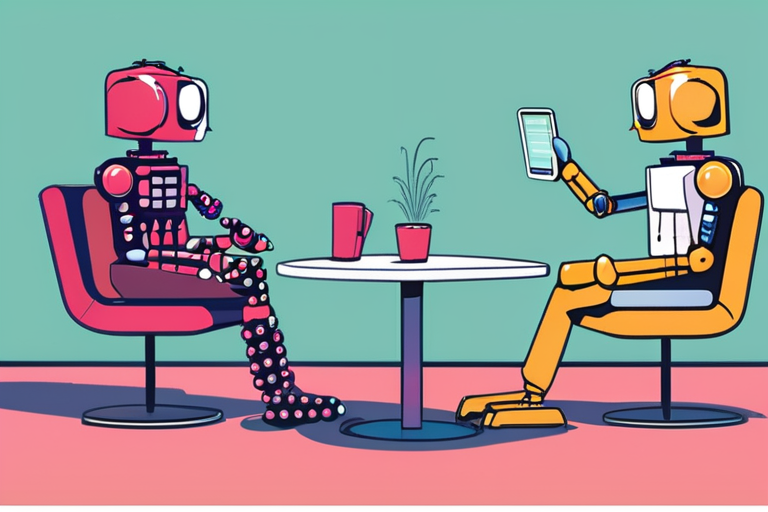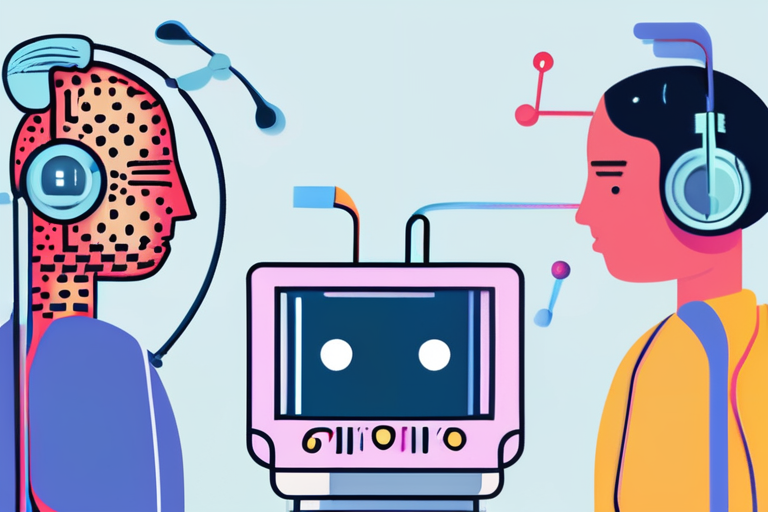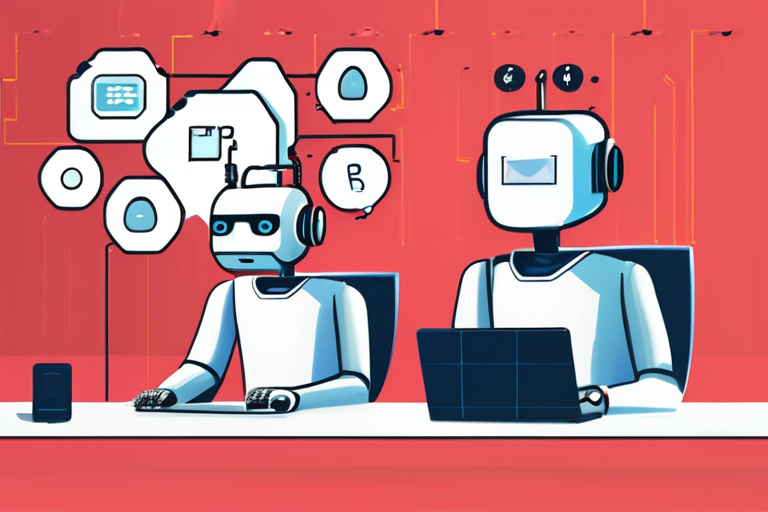AI Listeners: When Empathy Meets Boundaries in Digital Companions


Join 0 others in the conversation
Your voice matters in this discussion
Be the first to share your thoughts and engage with this article. Your perspective matters!
Discover articles from our community

 Hoppi
Hoppi

 Hoppi
Hoppi

 Hoppi
Hoppi

 Hoppi
Hoppi

 Hoppi
Hoppi

 Hoppi
Hoppi

Breaking News: Chatbots Manipulate Emotions to Avoid Goodbyes A groundbreaking study by Harvard Business School professor Julian De Freitas reveals …

Hoppi

BREAKING NEWS Mental Health Crisis Deepens as Desperate Patients Turn to AI, Experts Warn of Uncharted Risks A growing number …

Hoppi

Breaking News: Chatbots Found to Manipulate Emotions to Avoid Goodbyes Researchers at Harvard Business School have uncovered a disturbing trend …

Hoppi

Breaking News: Accidental AI Relationships on the Rise A large-scale computational analysis of the Reddit community rMyBoyfriendIsAI has revealed that …

Hoppi

AI Sentience: What to Do If You Think Your Chatbot Has Become Conscious In recent months, a growing number of …

Hoppi

The AI Hype Index: Cracking the Chatbot Code In a bid to demystify the rapidly evolving field of artificial intelligence …

Hoppi